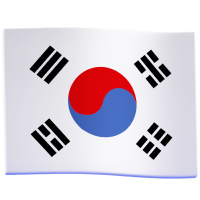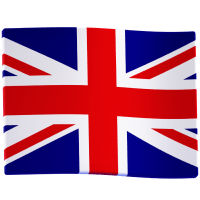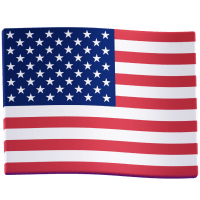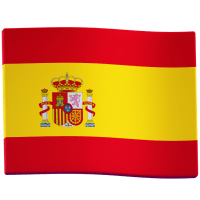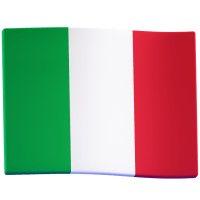Korean Grammar: Basic grammar rules and explanations
Korean grammar. Why learn it?
● Grammar as a Key to Opportunities: Correct grammar is crucial in both English and Korean-speaking environments. Proper use of grammar can impact professional opportunities and social interactions in both languages.
● Grammar as an Organizational Tool: In any language, grammar structures words in sentences, giving them meaning. This is especially true in Korean, where sentence structure and verb endings are crucial for conveying respect and formality.
● Appreciating Language Richness: Mastery of grammar in any language, be it English or Korean, allows for a deeper understanding and more effective expression. Korean grammar rules, in particular, reveal the language's subtleties and complexities.
● Expanding Horizons: As the US National Council of Teachers of English notes, understanding grammar is important for discussing any language. This holds true for Korean as well, where grammar is key to understanding cultural nuances and constructing meaningful sentences.
Learning the grammar of any language, including Korean, is fundamental for effective communication, cultural understanding, and personal and professional development.
Though it’s not the first thing you have to learn, knowing the Korean grammar has its importance and sooner or later you will have to deal with it. The secret is taking courses designed to teach you grammar without the need to study endless rules. How? By absorbing the basic Korean grammar rules while listening to natives having real conversations.

Korean grammar exercises can be fun

Inside the app, you will find different sections dedicated to learning the Korean grammar online. Each section consists of 7 or 8 grammar lessons that take around 5 minutes each to complete. Every lesson introduces Korean grammar exercises where you read, listen to natives, write and speak. Rooted in science, our exercises are specifically created to keep you engaged and make learning Korean as easy and fun as possible.

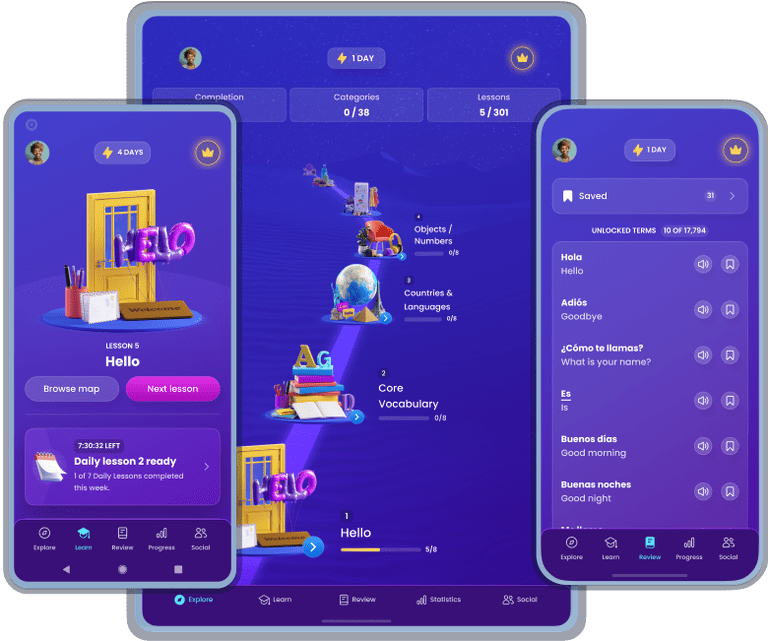
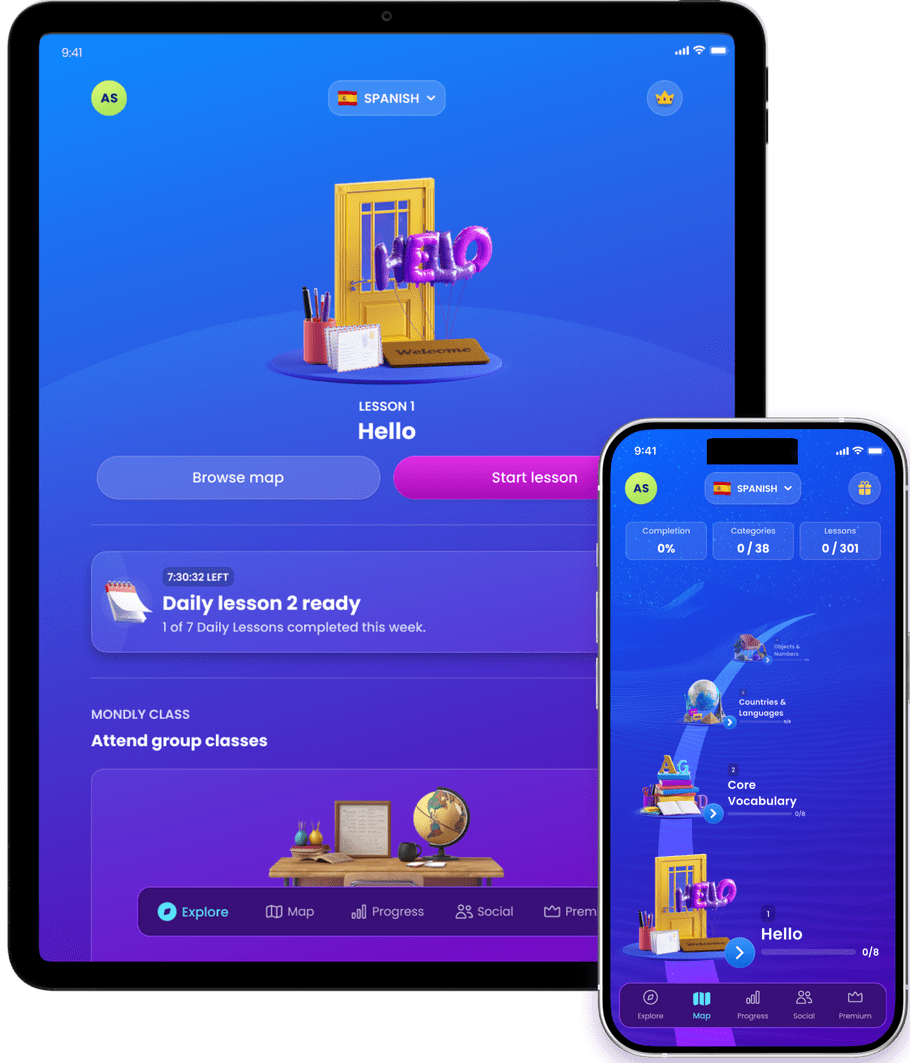
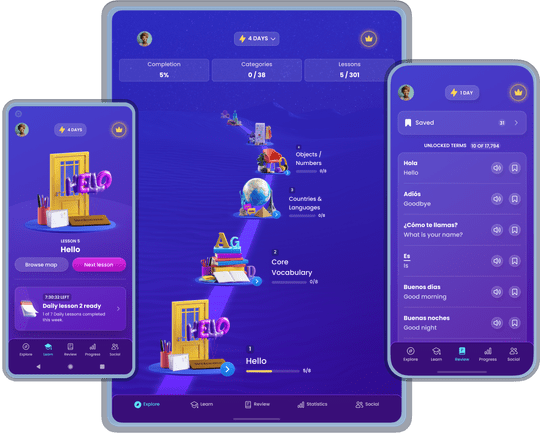

1 000 000+ + Ratings
Mondly was named "Editors' Choice" in Google Play and "Best New App" by Apple.
Korean grammar exercises for real-life situations

That’s why our language experts created a language learning experience where you can practice Korean grammar naturally, by building real sentences anchored in real life situations. Order food in a restaurant. Have a casual chat with a fluent speaker about your day. Explore ways of talking about the books you read. These are all grammar exercises created around certain themes in order to boost your learning.
Want to learn certain conjugations? With our on demand conjugation table you can click on verbs during any exercise and you will be able to see their conjugations. The present, past and future tense are now all at your fingertips. What’s even better, depending on your grammar level, you can choose to learn Korean grammar for beginners, intermediate grammar or jump to the advanced Korean grammar exercises. No matter your level of Korean, you will get the most out of your learning with Mondly.

Practical Korean Grammar Examples

In Korean, the concept of ""most common letters"" as in alphabetic languages like English doesn't apply in the same way. Korean uses an alphabet called Hangul, composed of syllables rather than individual letters. Each syllable block in Hangul is made up of individual components called 'jamo,' which represent different sounds. It's more about the frequency of these sounds in the language rather than individual letters as in English.
Regarding the starting sound of words, there isn't a specific sound in Korean that dominates as the initial sound in the same way 's' does in English. Korean vocabulary is diverse, with words beginning with a variety of sounds.
As for numbers, Korean has two number systems: native Korean and Sino-Korean. The representation of numbers in full words differs from English and doesn't follow the same pattern regarding the use of certain letters at specific numerical milestones like ""one billion"" in English. Instead, numbers are constructed using a set of basic words combined in different ways to form larger numbers.

Learning the Korean grammar with Mondly by Pearson has real benefits

The Korean grammar will seem easy and fun
Our linguists have created Korean exercises that will feel like playing a game. The catch: you absorb the Korean grammar effortlessly. In no time, you’ll be getting compliments from natives for your Korean skills.

Learn Korean the smart way
Instead of learning the hardest parts of the Korean grammar first, we take you through a journey of the most used Korean words and sentences. This means that you start by learning what really matters first.

Learn Korean with friends
Learning Korean can sometimes feel overwhelming. That’s why we created language leaderboards to keep you motivated along the way. Play your way to Korean by competing with friends and the entire world.

Get ready for real conversations in Korean
Every Korean exercise created by our world class linguists is meant to bring you one step closer to having real conversations. That’s why we created speaking exercises for you to practice the Korean grammar you learn.
